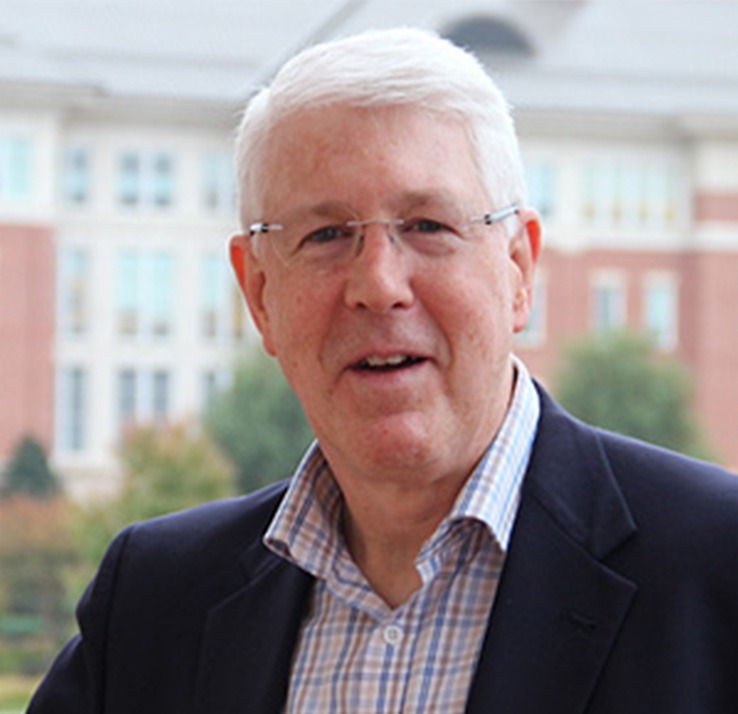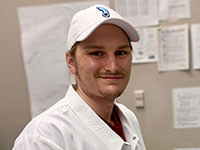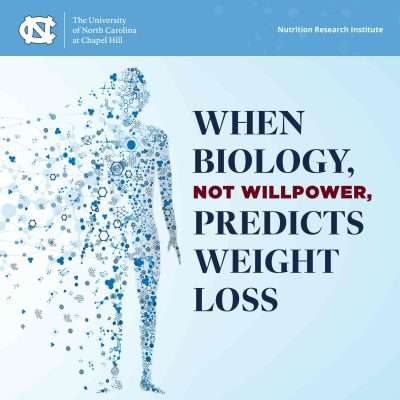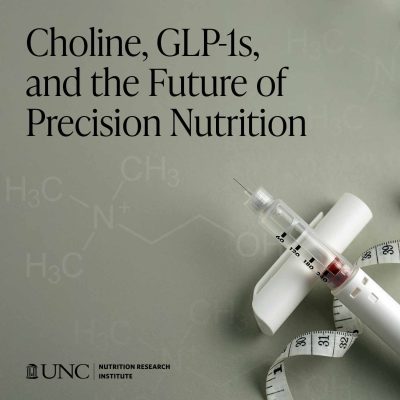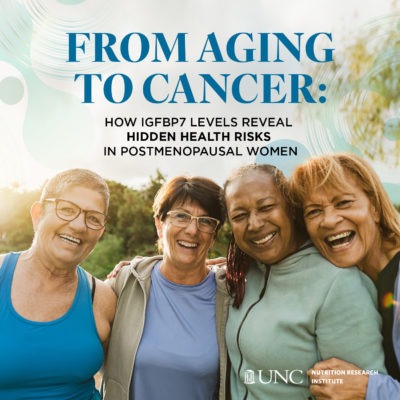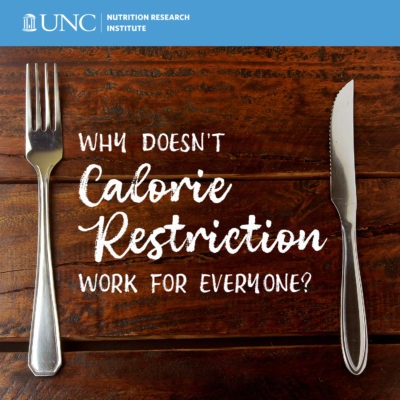hursting@email.unc.edu
704-250-5059
Stephen D. Hursting, PhD, MPH
Professor of Nutrition
Dr. Hursting is a Professor of Nutrition at the UNC Nutrition Research Institute in Kannapolis, NC. He is also Professor in the Department of Nutrition and the Lineberger Comprehensive Cancer Center at the University of North Carolina at Chapel Hill. An international leader in the area of nutrition, obesity, metabolism and cancer, his lab focuses on the molecular and metabolic mechanisms underlying obesity-cancer associations, and the impact of obesity- energy balance modulation (eg, calorie restriction and exercise) or pharmacologic agents on cancer development, progression, and responses to chemotherapy. Primarily using genetically engineered mouse models of breast cancer (recently in parallel with several clinical trials), colon cancer and pancreatic cancer, Dr. Hursting has identified the IGF1/Akt/mTOR and NF-kB signaling pathways as key targets for breaking the obesity-cancer link. His publications establish causal links between obesity, cancer and several systemic factors (including IGF-1, insulin, leptin and IL-6) and components of their downstream signaling pathways (including mTOR and NF-kb).
Prior to joining the UNC faculty in 2014, Dr. Hursting was Professor and Chair of the Department of Nutritional Sciences at the University of Texas (UT) at Austin, the McKean-Love Endowed Chair of Nutritional, Molecular and Cellular Sciences in the UT College of Natural Sciences, and Professor of Molecular Carcinogenesis at the UT-MD Anderson Cancer Center (2005-14). Dr. Hursting earned a BA in biology from Earlham College and a PhD in nutritional biochemistry and an MPH in nutritional epidemiology from the University of North Carolina at Chapel Hill. He also completed postdoctoral training in molecular biology and cancer prevention as a Cancer Prevention Fellow at the National Cancer Institute (NCI).
Show MoreDr. Hursting is a Professor of Nutrition at the UNC Nutrition Research Institute in Kannapolis, NC. He is also Professor in the Department of Nutrition and the Lineberger Comprehensive Cancer Center at the University of North Carolina at Chapel Hill. An international leader in the area of nutrition, obesity, metabolism and cancer, his lab focuses on the molecular and metabolic mechanisms underlying obesity-cancer associations, and the impact of obesity- energy balance modulation (eg, calorie restriction and exercise) or pharmacologic agents on cancer development, progression, and responses to chemotherapy. Primarily using genetically engineered mouse models of breast cancer (recently in parallel with several clinical trials), colon cancer and pancreatic cancer, Dr. Hursting has identified the IGF1/Akt/mTOR and NF-kB signaling pathways as key targets for breaking the obesity-cancer link. His publications establish causal links between obesity, cancer and several systemic factors (including IGF-1, insulin, leptin and IL-6) and components of their downstream signaling pathways (including mTOR and NF-kb).
Show MoreHursting’s Team
In the News
When Biology, Not Willpower, Predicts Weight Loss
The UNC Nutrition Research Institute (NRI) is proud to recognize an important milestone in the career of Blake Rushing, PhD, Assistant Professor of Nutrition. Rushing now leads his own research program, marking the beginning of a new chapter in his work at the NRI. His laboratory focuses on understanding how nutrient metabolism shapes cancer development and treatment response.
Choline, GLP-1s, and the Future of Precision Nutrition
When researchers move beyond a one-size-fits-all approach and engage families as true partners, they can design interventions that reflect real experiences and lead to meaningful, lasting change.
From Aging to Cancer: What IGFBP7 Reveals About Women’s Health
What if a simple blood test could reveal who is more likely to face cancer or early death years before symptoms appear?
Why Some Diets Fail – UNC Researchers Investigate Metabolic Clues
A new study from the UNC Nutrition Research Institute (NRI), published in the American Journal of Physiology, reveals metabolic markers that may predict weight loss success on calorie restriction (CR). Led by Evan Paules, PhD, a postdoctoral fellow in the Hursting...
Publications
2024
2023
2022
Obesity and Breast Cancer Metastasis across Genomic Subtypes
Reversing the Genomic, Epigenetic, and Triple-Negative Breast Cancer-Enhancing Effects of Obesity
Increased Ammonium Toxicity in Response to Exogenous Glutamine in Metastatic Breast Cancer Cells
2021
Metabolic response of triple-negative breast cancer to folate restriction
Psychometrics of the balance beam test in mice
Mechanistic targets and nutritionally relevant strategies to break obesity-breast cancer links
2020
Cell Intrinsic and Systemic Metabolism in Tumor Immunity and Immunotherapy.
Multi-omics analysis reveals adipose-tumor crosstalk in patients with colorectal cancer< Change in visceral fat and adipocytokines in sedentary obese breast cancer survivors after caloric restriction and rapid escalation of high-volume exercise
2019
2018
2017
When less may be more: calorie restriction and response to cancer therapy.
Energy balance and obesity: what are the main drivers?
Metabolic Reprogramming by Folate Restriction Leads to a Less Aggressive Cancer Phenotype.
2016
Loss of p27 Associated with Risk for Endometrial Carcinoma Arising in the Setting of Obesity. < Obesity-Associated Alterations in Inflammation, Epigenetics, and Mammary Tumor Growth Persist in Formerly Obese Mice.

